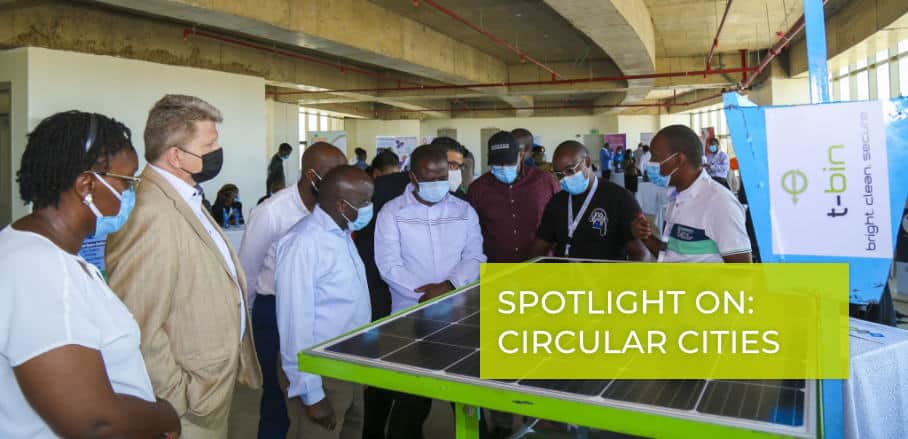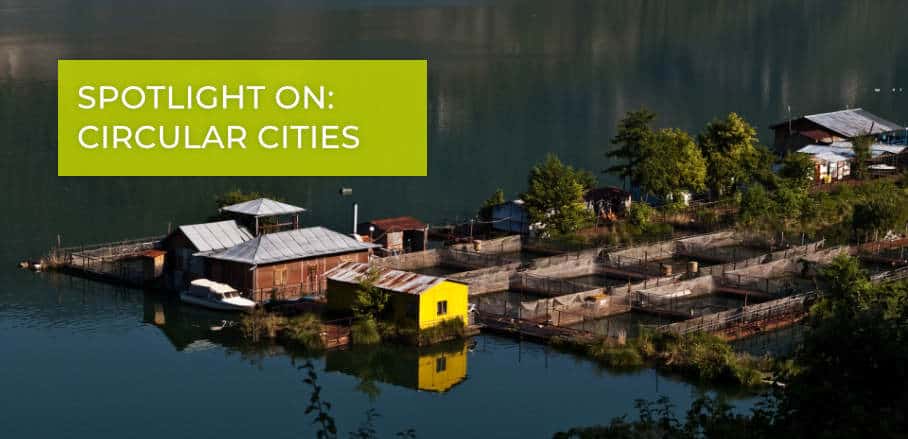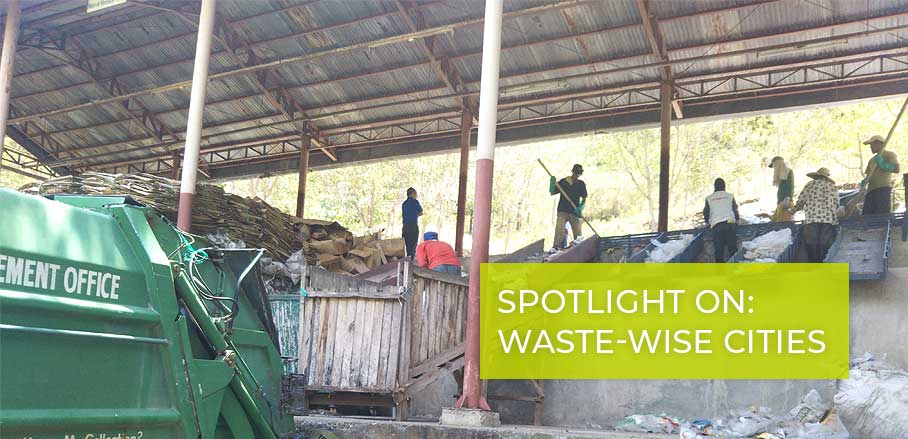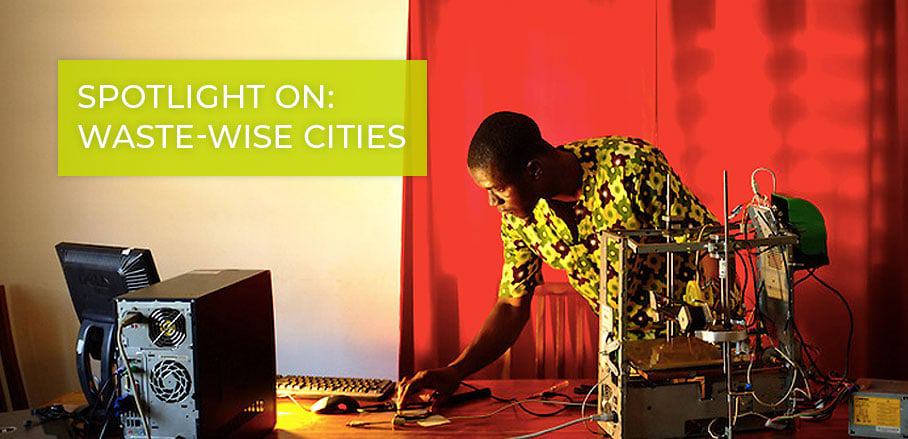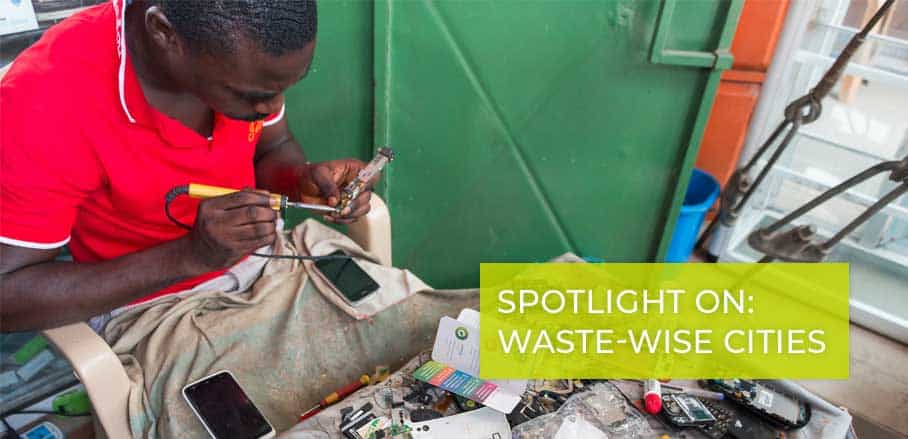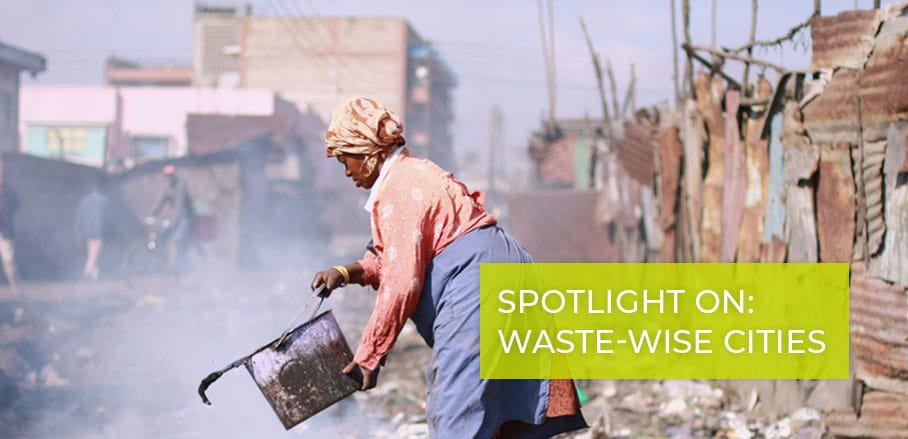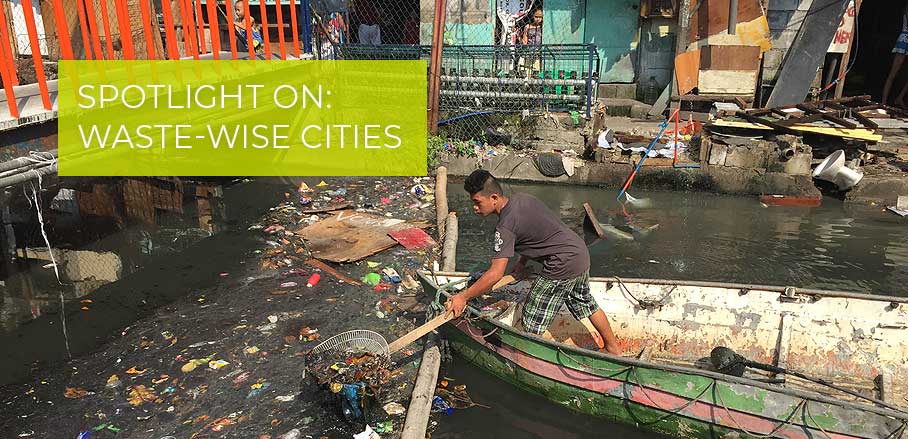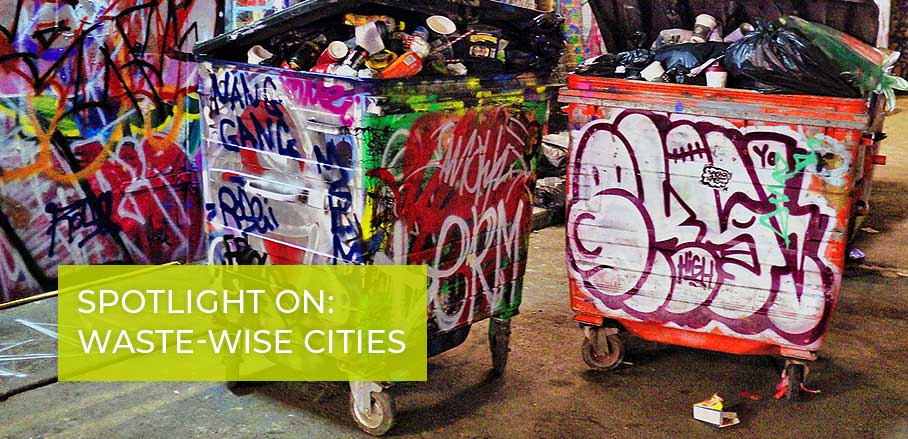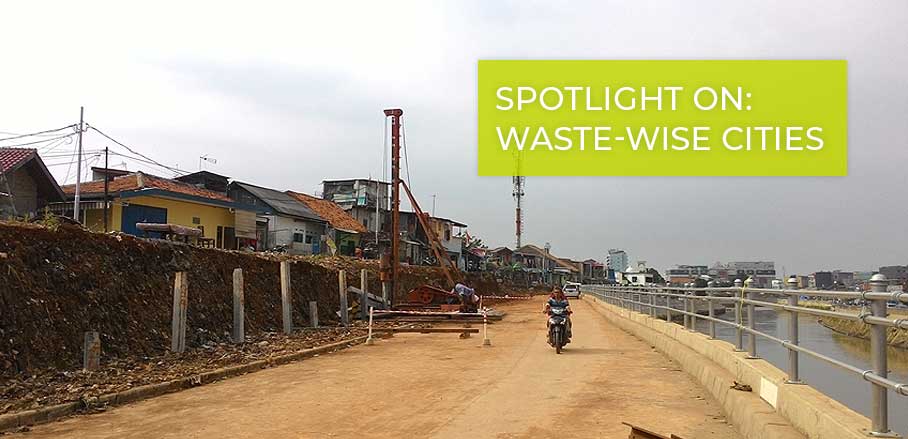The Tech-Bin That Revolutionises Circular Waste Management
An intelligent solar-powered device that lights up our streets, educates residents about recycling and gives you free Wi-Fi? What sounds like a far-fetched dream is now a reality! Meet the T-Bin for circular waste management. By Founder Eddy Gitonga
